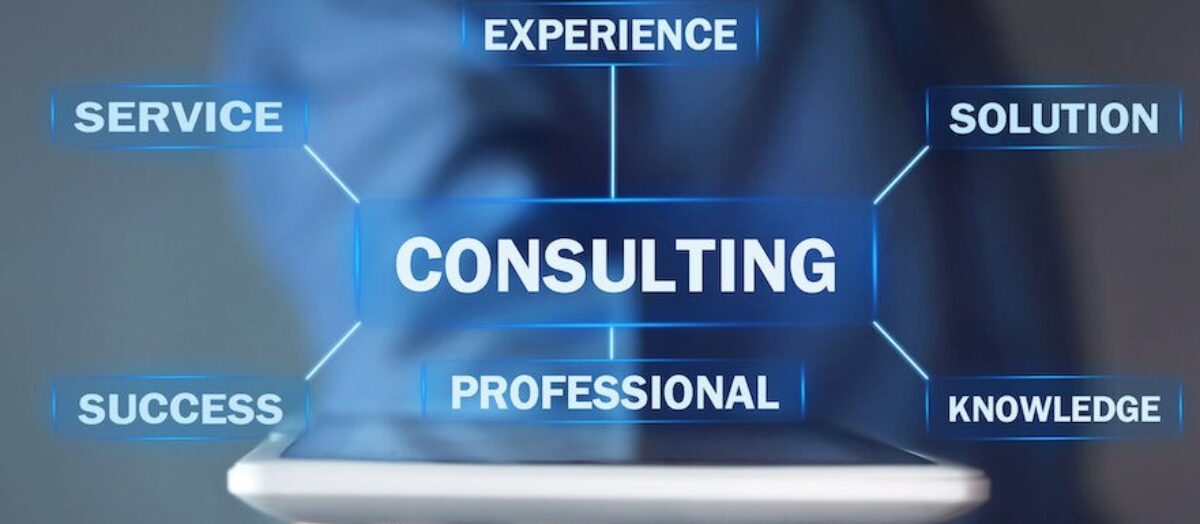
With the Presidental election over, and all the conversation about the various styles of leaders who were running to be president, I thought now would be a good time to talk about leadership and the different types of leaders.
I have been blessed to have been employed at some world-class organizations throughout my career. I was at General Electric when Jack Welch was the incredible leader. I was at Aflac under the leadership of Dan Amos and who continues to serve as CEO, and I was at Willis North America, led by Dominic Casserly, who guided Willis through some challenging and changing times. Three very successful leaders who performed at a very high level and shared many of the leadership skills and attributes that are needed to be an effective leader.
Earlier this week, I came across an article that I had saved from 2005, “Seven Transformations of Leadership.” The authors, David Rooke and William Torbert, discussed the different types of leaders.
Most developmental psychologists agree that what differentiates leaders is not so much their philosophy of leadership, their personality, or their style of management. Rather, it’s their internal “action logic”—how they interpret their surroundings and react when their power or safety is challenged. Relatively few leaders, however, try to understand their own action logic, and fewer still have explored the possibility of changing it.
They should because David Rooke and William Torbert found that leaders who do undertake a voyage of personal understanding and development can transform not only their own capabilities but also those of their companies. In their close collaboration with psychologist Susanne Cook-Greuter—and their 25 years of extensive survey-based consulting at companies such as Deutsche Bank, Harvard Pilgrim Health Care, Hewlett-Packard, NSA, Trillium Asset Management, Aviva, and Volvo—they’ve worked with thousands of executives as they’ve tried to develop their leadership skills. The good news is that leaders who make an effort to understand their own action logic can improve their ability to lead. But to do that, it’s important first to understand what kind of leader you already are.
What type of leader are you?
1) Opportunist – Wins any way possible. Self-oriented; manipulative;
2) Diplomat – Avoids conflict. Wants to belong; obeys group norms; doesn’t rock the boat
3) Expert – Rules by logic and expertise. Uses hard data to gain consensus and buy-in.
4) Achiever – Meets strategic goals. Promotes teamwork;juggles managerial duties and responds to market demands to achieve goals.
5) Individualist – Operates in unconventional ways. Ignores rules he/she regards as irrelevant.
6) Strategist – Generates organizational and personal change. Highly collaborative; weaves visions with pragmatic, timely initiatives; challenges existing assumptions.
7) Alchemist – Generates social transformations. Reinvents organizations in historically significant ways.
Regardless of what type of leader you work for or what style of leader you are, you must have “ Core Values” that includes Integrity, Vision, Ethics and Trust.
Remember, each, and every time you are in front of your employees or independent sales force, you are Selling the Vision and Values, of your company, and you are seeking buy-in from those who are in your audience.
Finish strong the last four days of January and I wish all of you a great first quarter and a record breaking 2017!
